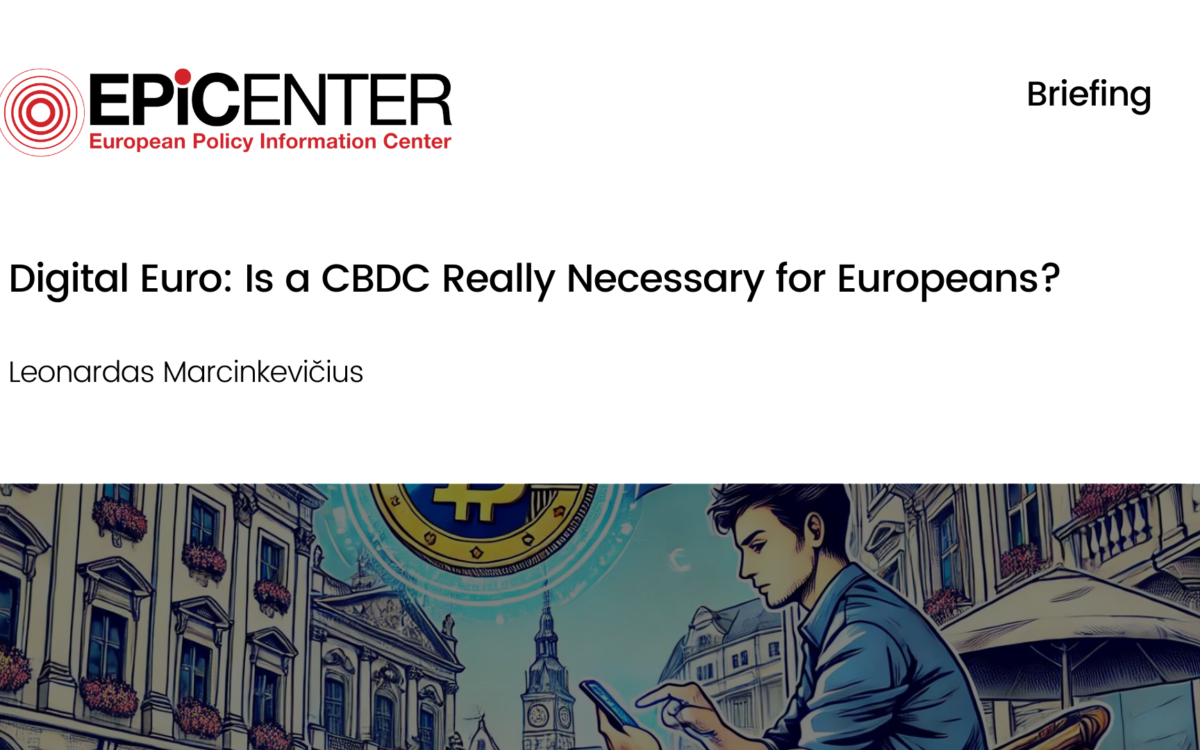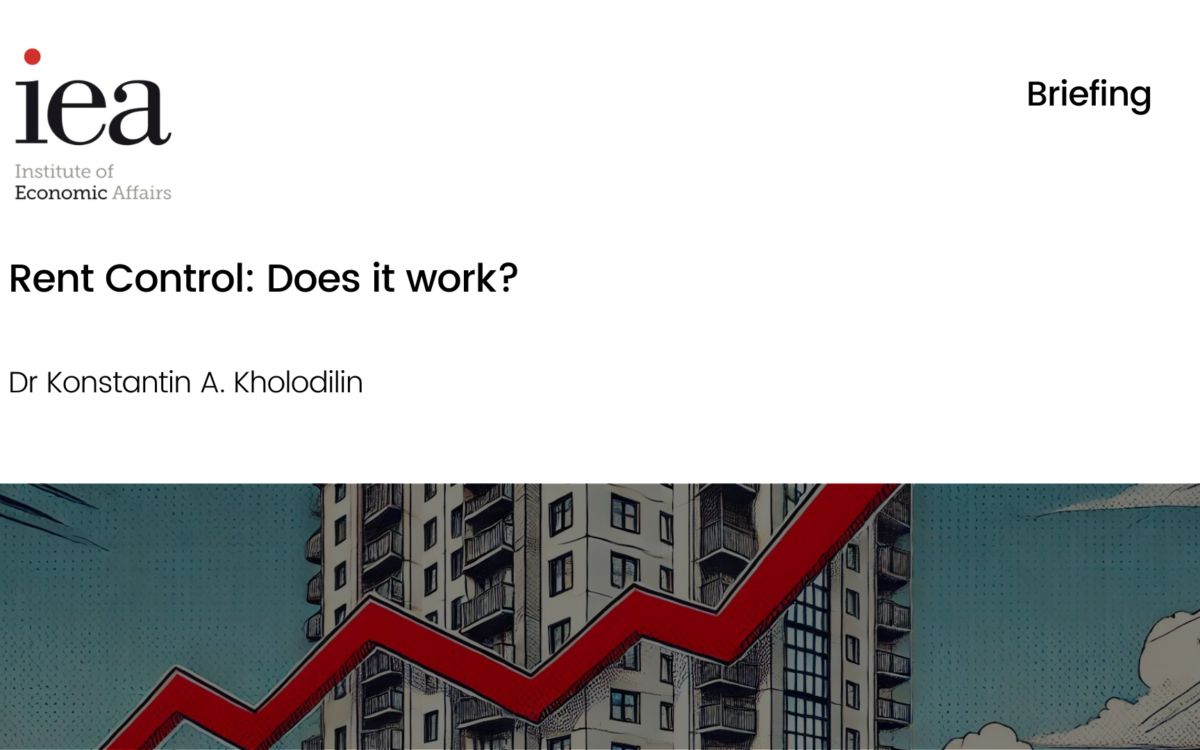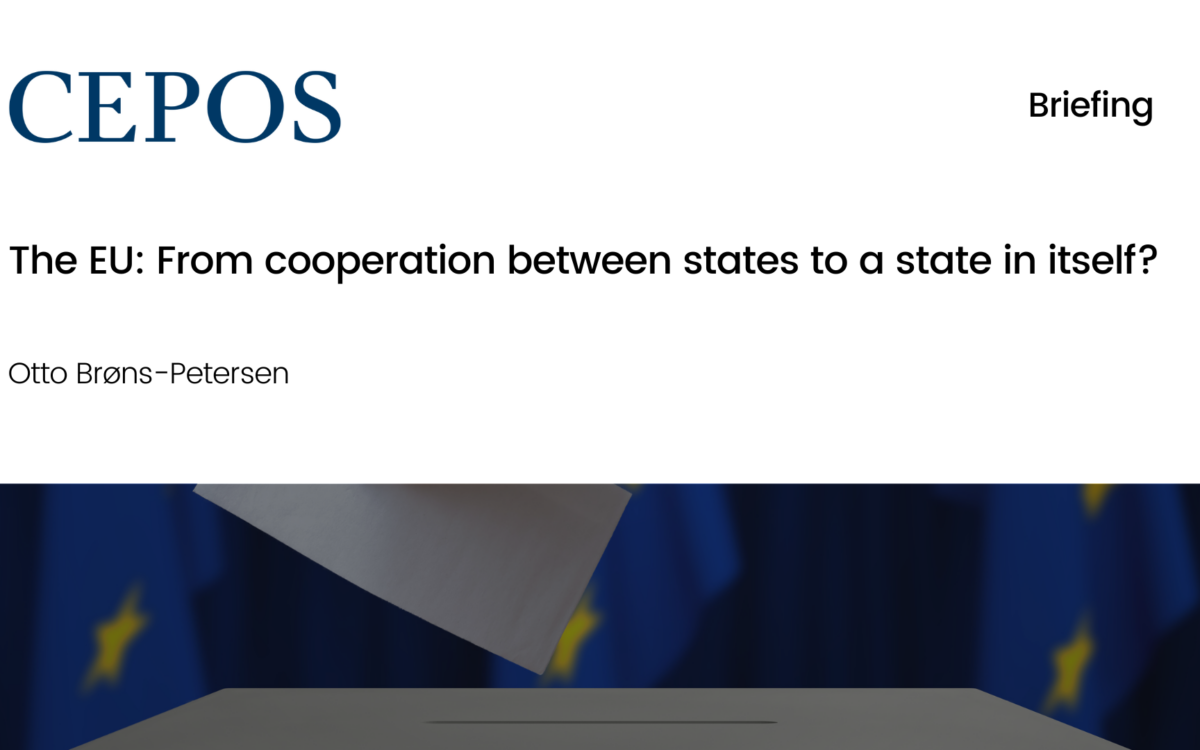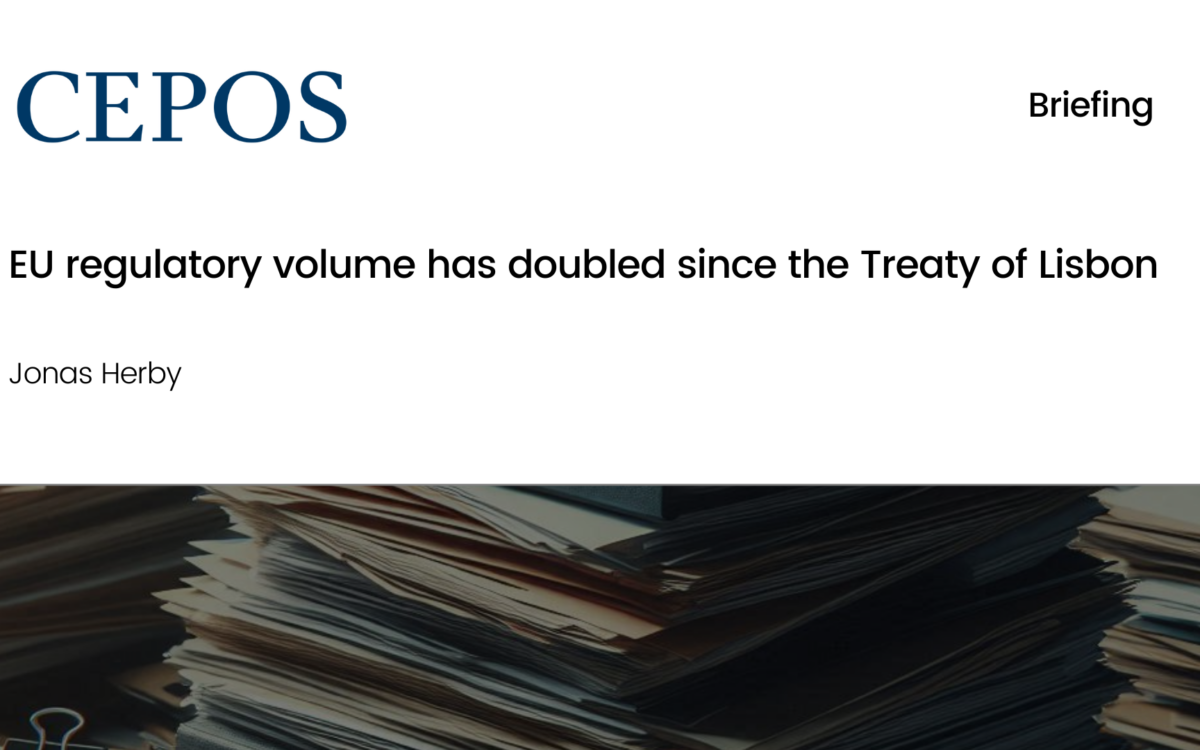Some Key Facts About the EU-China Relationship
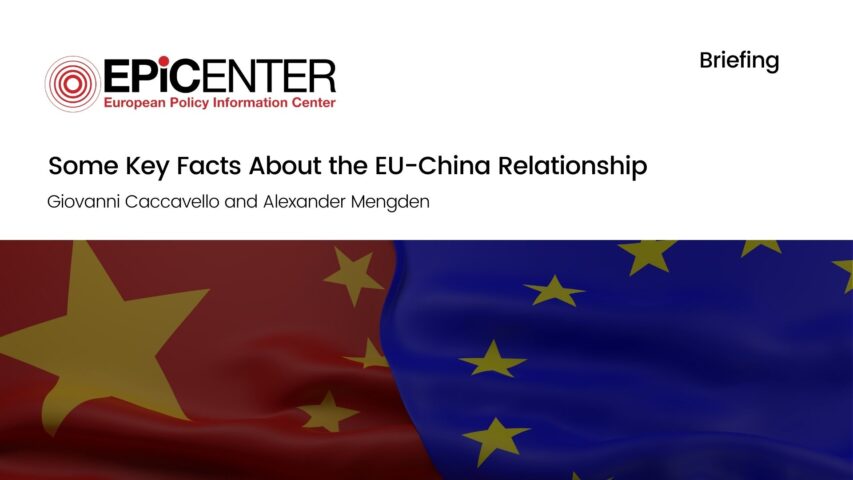
Some Key Facts About the EU-China Relationship
April 2017
Since the introduction of pro-market reforms in 1978, China has emerged as a global economic powerhouse and it is today the EU’s second-largest trading partner.
In order to strengthen this trading relationship, the European Commission and the Chinese government in 2013 announced the launch of negotiations for a comprehensive investment agreement in. However, for the time being, EU trade defence measures persist and China’s liberalisation process has slowed down.
The conventional narrative has tended to present Chinese firms solely as competitors undercutting European producers. But Chinese outward FDI into the EU reached €35 bn in 2016 alone, whilst Chinese consumers account for an increasing share of global sales for European firms. Moreover, China’s outbound tourism to Europe has increased exponentially over the last 15 years.
Download or share this publication
View the PDF
EPICENTER publications and contributions from our member think tanks are designed to promote the discussion of economic issues and the role of markets in solving economic and social problems. As with all EPICENTER publications, the views expressed here are those of the author and not EPICENTER or its member think tanks (which have no corporate view).
